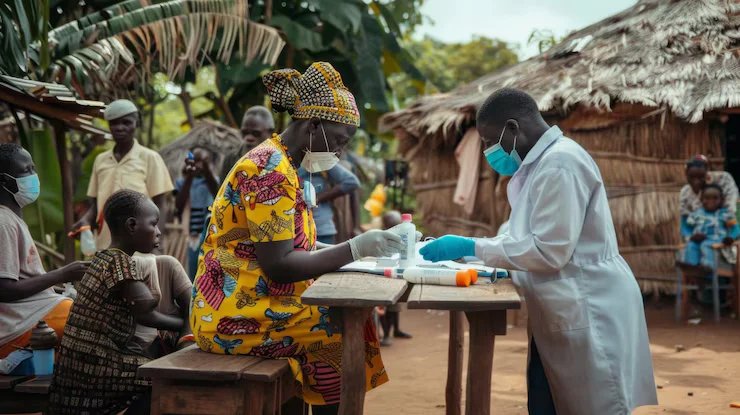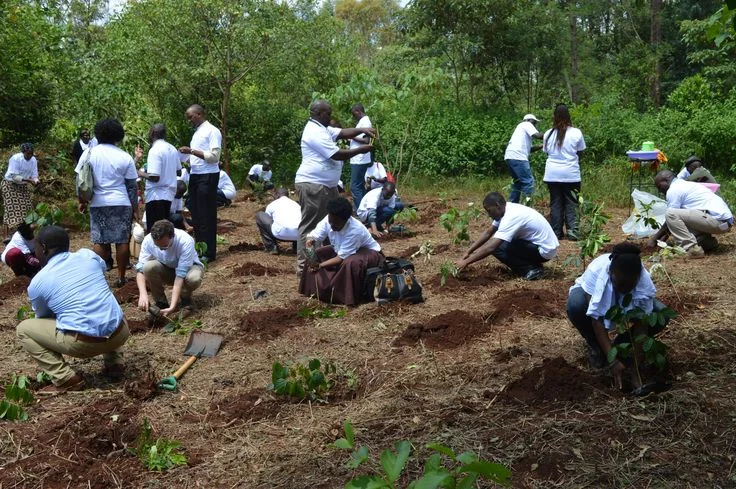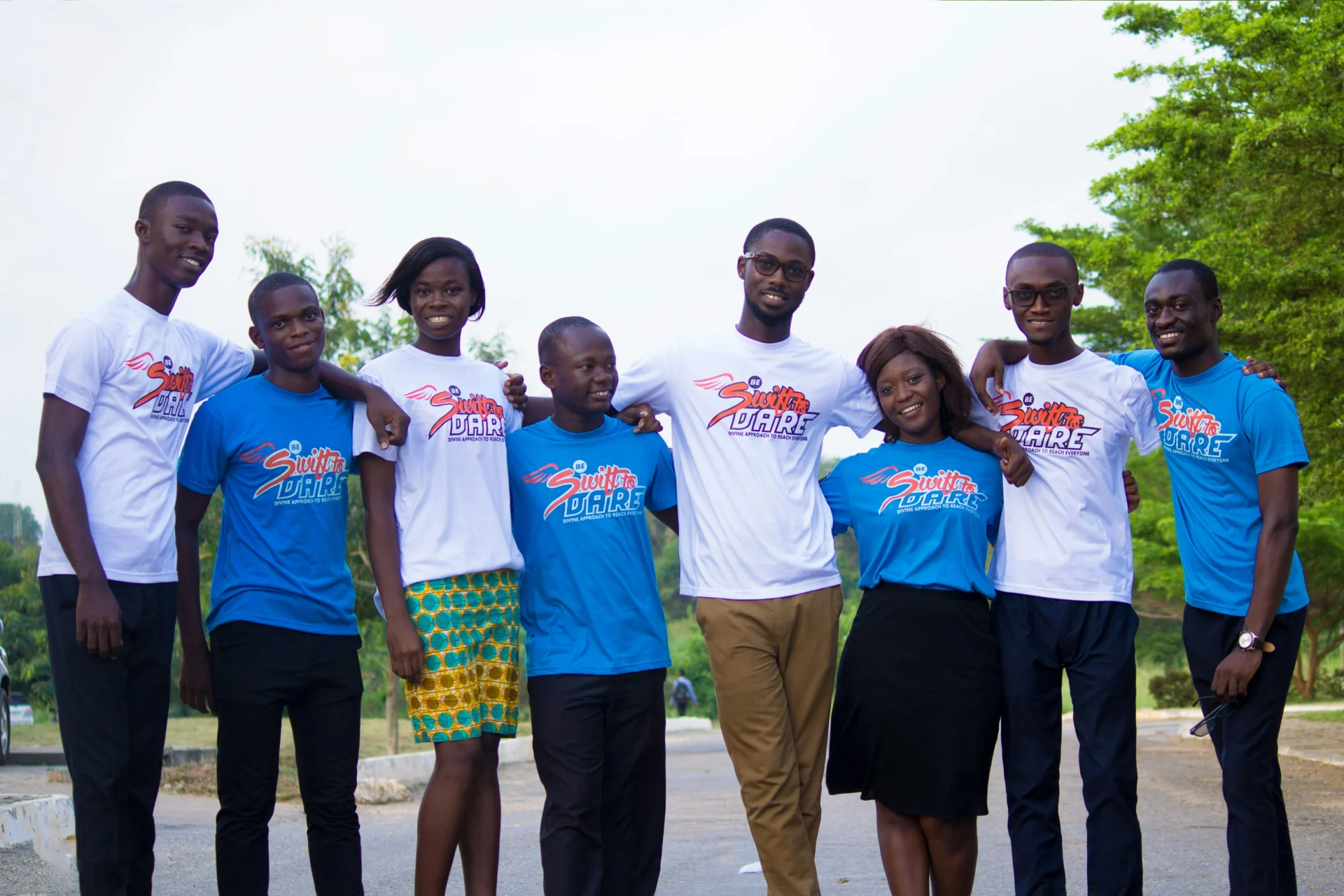The COVID-19 pandemic did more than disrupt economies and healthcare systems rewired how people think, live, and interact with their communities. As nations strive to recover, rebuild trust, and address deep social divides, one tool is proving indispensable: social research in a post-pandemic society. It gives voice to the unheard, uncovers the roots of societal change, and informs the policies that shape our collective future. In this new era of uncertainty, understanding human behavior, beliefs, and resilience has never been more urgent. That’s where social research comes in quietly guiding the path from crisis to clarity.
Rebuilding Trust Through Human Insight
From vaccine hesitancy to digital exclusion, the pandemic magnified societal gaps. Social research shines a light on how these issues affect everyday people. By capturing human stories and behavioral shifts through interviews, surveys, and ethnographic studies, social research in a post-pandemic society helps us understand the human side of recovery
In places where trust in governance or healthcare has eroded, research becomes a bridge between the public and institutions. Through this lens, social research becomes more than a study, it becomes a strategy for rebuilding society.
How Social Research Tracks Behavior Shifts

1. Public Sentiment, Misinformation, and Trust Deficits
After the pandemic, public perception changed rapidly about government, media, healthcare, and even science. Social research helps track these shifts through opinion polls, social listening, and behavioral mapping.
Reports by the UNDP and Afrobarometer show how trust levels fluctuated across African nations due to information gaps and uneven policy responses. Without research capturing these dynamics, recovery strategies would be flying blind.
2. Policies That Work Because They’re Informed
Numbers from a health dashboard might tell us how many people missed vaccinations but only social research in a post-pandemic society explains why mothers in rural communities aren’t accessing clinics. Cultural beliefs, fear, income loss, or misinformation, these insights are what turn generic policies into targeted interventions.
Organizations like the World Bank are increasingly embedding social research into all stages of development to ensure equitable, evidence-based outcomes.
Innovation in Data Collection After the Pandemic

1. Going Digital Without Leaving Anyone Behind
The pandemic forced researchers to go digital fast. Online surveys, CATI (Computer-Assisted Telephone Interviewing), SMS feedback systems, and virtual focus groups became standard. However, digital divides, especially in rural Africa risked excluding vulnerable voices.
As digital tools rise, the need for inclusive social research in a post-pandemic society grows stronger, ensuring no community is excluded from national data narratives.
Today, the best social research mixes tech with empathy. Hybrid models combine phone interviews with safe in-person engagements. Tools like WhatsApp-based surveys and IVR systems (interactive voice response) ensure inclusivity across literacy levels.
2. The Power of Timely, Actionable Insights
Unlike large national surveys that take months, modern social research emphasizes real-time data for faster impact. Dashboards, rapid assessments, and live mapping tools now help governments and NGOs spot issues like food insecurity or displacement as they unfold.
In crisis-prone regions, this shift toward agile social research means faster decisions, reduced harm, and smarter investments.
Global Impact, Local Relevance
1. Learning Across Borders: Comparative Social Research
How did Senegal’s social campaigns increase vaccine uptake? Why did digital cash transfers succeed in Ghana but falter in Nigeria? Comparative social research enables policymakers to borrow proven strategies.
Comparative studies make social research in a post-pandemic society a key strategy for governments seeking scalable, people-focused solutions.
At Insight and Social, our multi-country footprint across 43 African nations enables deep comparative analysis. We provide nuanced, context-rich data that helps clients scale what works and discard what doesn’t.
2. Community-Driven Research for Local Ownership
Top-down data doesn’t always reflect grassroots realities. Post-pandemic research is shifting to community-led models, where people help define what’s studied and how. Participatory methods like co-creation workshops or community-led scorecards are making research more authentic and actionable.
When people are part of the process, they’re more likely to accept and implement change.
The Risk of Ignoring Social Research
Ignoring social research in a post-pandemic society means misreading the moment. It leads to blanket policies that ignore inequality, to missed signals about mental health, and to failed recovery programs that waste public trust.
In short: no social data, no social progress.
At Insight and Social, we believe that recovery without research is just guesswork. That’s why we provide high-quality, ethical, and inclusive social research across Africa helping organizations, governments, and NGOs drive meaningful, measurable changes.
Social research in a post-pandemic society isn’t just about data, it’s about transformation. That’s why Insight and Social leads with integrity, inclusion, and innovation.
Work with us to uncover the real stories behind the data and use them to build a more just, informed society.
Contact us today!





